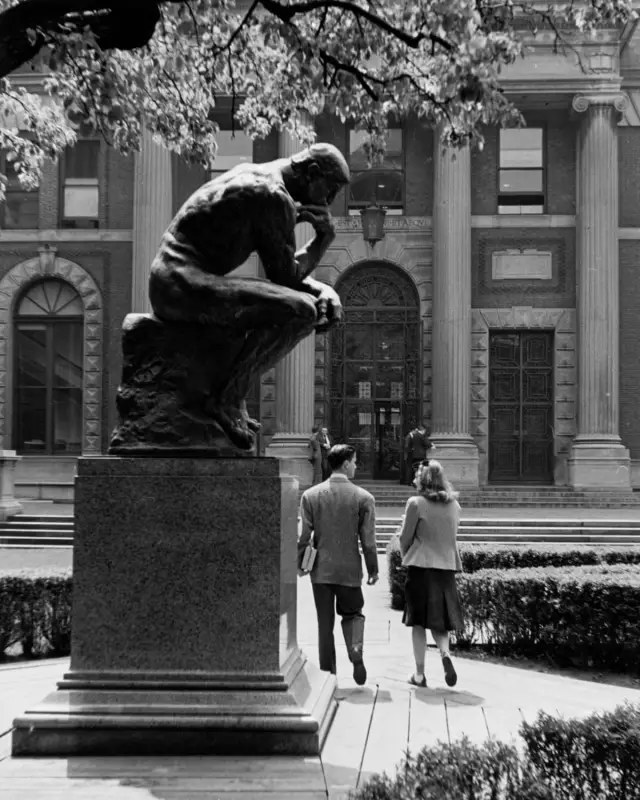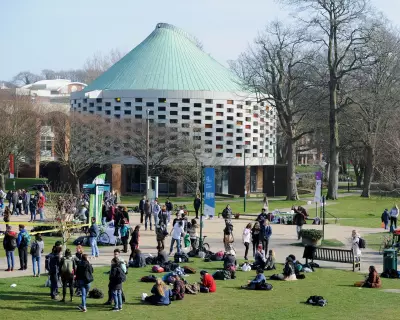
A quiet revolution is unfolding within the hallowed halls of Britain's universities, where a network of well-funded conservative centres is systematically reshaping academic discourse and challenging traditional liberal dominance in higher education.
The Ideological Beachheads
Across the UK, from Russell Group institutions to newer universities, conservative-backed academic centres have established themselves as influential players in campus life. These aren't traditional departments but rather strategically positioned entities that blend academic research with political advocacy.
Unlike conventional academic units, these centres often operate with substantial external funding and clear ideological missions. They host high-profile speakers, publish research supporting conservative viewpoints, and train the next generation of right-leaning intellectuals and policymakers.
Funding and Influence
The financial backing for these initiatives reveals a sophisticated network of donors and organisations committed to countering what they perceive as left-wing bias in academia. While universities maintain these centres operate with academic independence, critics argue the funding sources inevitably shape research priorities and outcomes.
"What we're witnessing is the professionalisation of conservative intellectual activity within universities," explains one education policy analyst. "These centres have moved beyond simple student societies to become serious academic players with proper funding and institutional backing."
The Academic Response
University administrations generally defend these centres as contributing to intellectual diversity and healthy debate. However, many traditional academics express concerns about the blurring lines between scholarly inquiry and political activism.
- Some faculty members worry about the impact on research integrity
- Others question whether corporate or politically motivated funding compromises academic freedom
- Many note the centres often focus on hot-button political issues rather than traditional academic disciplines
Changing Campus Dynamics
The presence of these centres has fundamentally altered university politics. They provide conservative students with intellectual homes and career pathways previously dominated by liberal perspectives. The debate has shifted from whether conservatives should have a voice on campus to how much influence they should wield.
The long-term implications for British higher education remain uncertain. Will these centres become permanent features of the academic landscape, or will they fade as political winds change? What's clear is that they've already succeeded in making conservative thought a legitimate and powerful force within institutions once considered liberal strongholds.
The Future of University Politics
As these centres mature and expand, they're likely to face increasing scrutiny about their funding, research methods, and political objectives. The ongoing tension between academic freedom and ideological commitment promises to shape university governance for years to come.
What remains undeniable is that the British university experience is being permanently transformed, with conservative voices now possessing the institutional weight to challenge decades of liberal academic dominance.





